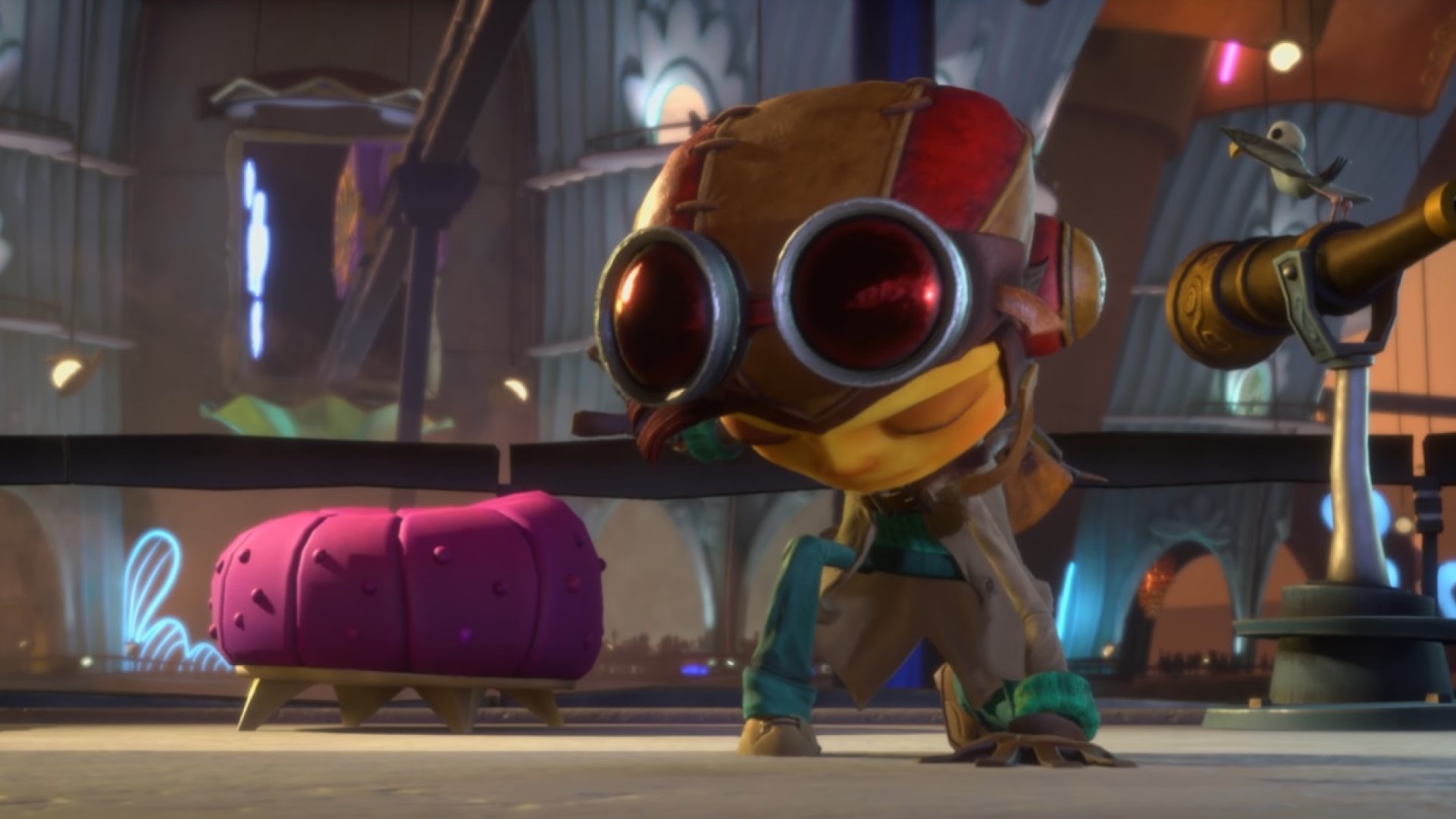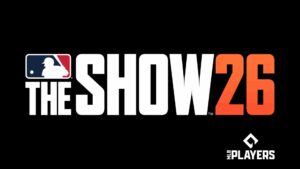
The Xbox One generation wasn’t a great one for Microsoft. Any ground that it may have made up on PlayStation was almost instantly lost, and though things certainly improved for Xbox as the generation progressed – especially with the introduction of Game Pass in 2017 – the damage that was done in its first couple of years was so severe that it simply became impossible for it to do anything resembling keeping pace with the PS4.
To say that there was immense pressure on the Xbox Series X and S duo to succeed would be an understatement- so how exactly has the current console generation gone for Microsoft so far? It’s fair to say that the beginning has certainly been a much better one than what the Xbox One had to endure. At the same time, however, there’s no doubting that things still haven’t gone as well as they perhaps should have.
Let’s start with the positives first, because there’s plenty of stuff to be pleased about. For starters, the Xbox Series X/S has also seen a steady stream of excellent multiplatform titles in its first three years. Though it has missed out on the odd major release to exclusivity deals (Final Fantasy 16 perhaps being the most notable of those), Microsoft’s current-gen hardware has still added some incredible games to its library in its first three years, including the likes of Elden Ring, Dead Space, Resident Evil 4, Alan Wake 2, Street Fighter 6, Rogue Legacy 2, and many others (and Baldur’s Gate 3 will soon be arriving as well).
But of course, Xbox consoles have never really been lacking on the multiplatform front. What about Microsoft’s first party offerings though? The company has spent the last half decade radically improving its portfolio of first party properties and studios, and expectations have naturally been high on it to deliver a steady stream of well-made first party content. Whether or not it’s done that as well as it was expected to is something we’ll get to in a bit, but there’s no doubting that it’s done that much better than it did for most of the Xbox One generation, if not all of it.
Since its launch in late 2020, the Xbox Series X/S has seen a number of significant first party releases that have, by and large, delivered on expectations. There’s Forza Horizon 5, which is probably one of the best racing games we’ve ever played, while Double Fine has also released Psychonauts 2, a spectacular game that somehow turned out to be well worth the long, long wait (though it’s multiplatform, of course). At launch, Halo Infinite was an undeniably enjoyable experience, and one that felt like a significant step up over Halo 5, while smaller releases like Hi-Fi Rush and Pentiment have also drawn a great deal of praise from the masses, and rightly so. Meanwhile, more recently, we’ve also seen the likes of Starfield, an excellent, sprawling, highly addictive space RPG, and Forza Motorsport, which may not have set the world on fire the way some of its predecessors have done in past years, but does still deliver an authentic and obsessively detailed racing sim experience.
Certainly, compared to what Microsoft’s first party output has traditionally been like, the early years of Xbox Series X/S have shown tangible signs of improvement. Sadly, however, that comes with some major caveats, because on this front, Microsoft has also made some pretty serious errors. Take 2022, for instance, which was a year where Xbox should have struck the iron while it was hot. 2021 was a great year for the console, thanks to the likes of Forza Horizon 5, Psychonauts 2, and Halo Infinite, so to follow up on it with virtually no major first party releases in 2022 was a shockingly bad move. Obviously, we cannot discount the fact that delays due to COVID played a massive role here, but the feeling of being disappointed in Xbox was hard to shake that year.
And there were some other major goofs to speak of as well. Take Halo Infinite, for instance, a game that had an impressive launch, but failed to capitalize on it due to its lackluster post-launch support. The narrative around the shooter shifted quickly, and neither the single player nor the multiplayer side of the experience evolved nearly as much as many had hoped they would. Thankfully, in the here and now, Halo Infinite’s multiplayer offerings are in significantly better shape, but it remains to be seen how (or if) its solo offerings will improve.
And then, of course, there’s Redfall, which may be one of the biggest and most high-profile disappointments we’ve seen in recent memory. Chasing multiplayer trends has almost never worked out in the history of gaming, and Arkane couldn’t defy odds either. Rather than crafting an expertly made immersive sim like its previous titles have been, the studio instead chose to develop a co-op open world shooter, and the results were shockingly bad. Not only was Redfall broken and glitchy, it was also just downright drab and boring. The fact that it was Arkane’s first game as an Xbox studio made the situation seem that much more dire, as did the fact that it was also Microsoft’s first $70 game. Thanks to the likes of Hi-Fi Rush and Starfield (and the acquisition of Activision Blizzard being finalized), 2023 has ultimately been a solid year for first party Xbox releases, but Redfall still remains a massive blight on that record.
Looking at all of that, you can’t exactly say that the first three years of the current console generation have gone precisely to plan for Microsoft, but at the same time, you can’t say that there have been no high points. There have certainly been plenty of ups and downs already, with clear signs of improvement over the Xbox One generation, but maybe not to the extent that many would have hoped. Of course, the hope is that Microsoft will be able to maintain a much more consistent cadence (and quality) of first party releases going forward.
And what about Game Pass? Because if we’re talking about Xbox, we obviously have to talk about Game Pass, right? That has, after all, been the centerpiece of the Xbox strategy for a number of years now, and over the course of the Xbox Series X/S generation so far, it has continued to demonstrate it value with flying colours. The service’s library continues to balloon in choice, giving subscribers access to hundreds of games both big and small. Meanwhile, along with all first party titles hitting the service day one, a number of notable third party releases have also been available to subscribers at launch, including the likes of A Plague Tale: Requiem, Lies of P, Exoprimal, Jusant, Amnesia: The Bunker, Back 4 Blood, Sea of Stars, and many others. If there’s one aspect of Xbox’s strategy over the last three years that deserves unequivocal praise, it’s Game Pass.
Ultimately, it’s easy to see that Microsoft has a solid foundation to build on in the years ahead. The first three years of the Xbox Series X/S era probably haven’t been as much of a turnaround as many would have hoped for (Microsoft included), but they have definitely been a turnaround. We’re just hoping for more consistency going forward, because when things have gone wrong for Xbox Series X/S up to this point, they’ve gone horribly wrong.
Note: The views expressed in this article are those of the author and do not necessarily represent the views of, and should not be attributed to, GamingBolt as an organization.
















